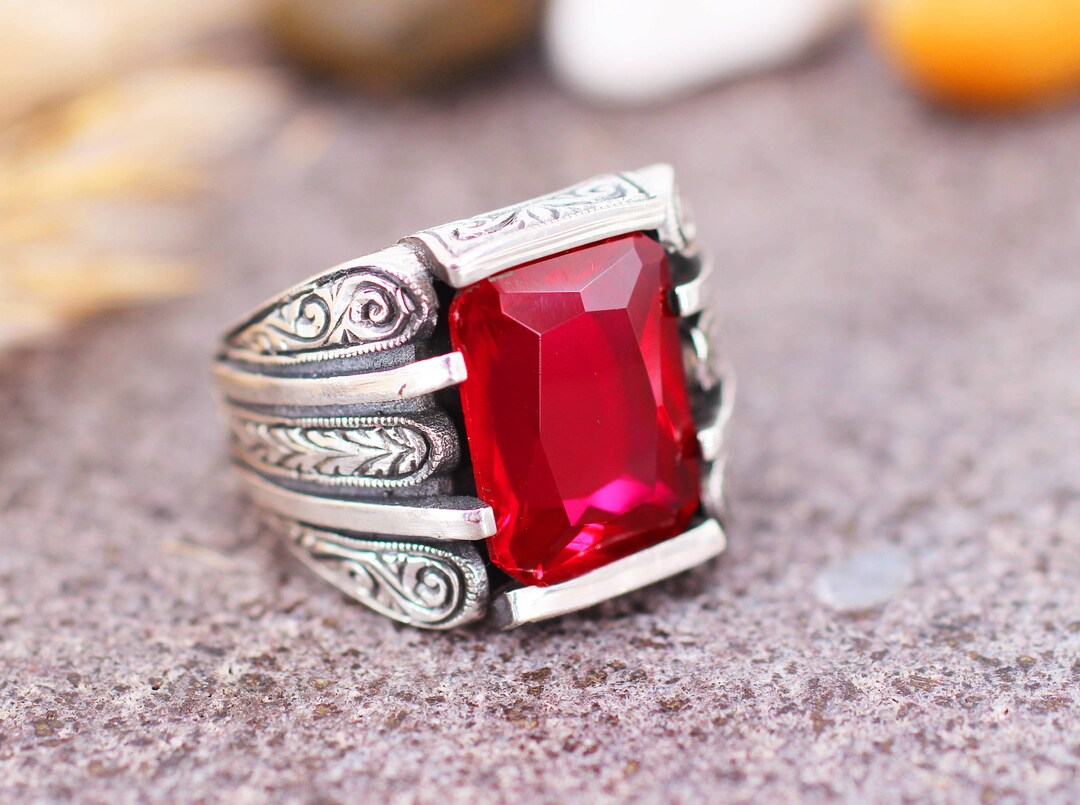Gold and Religion
In all the recorded history of mankind gold holds a high position. It is found in economy as a carrier of value, in art as a symbol of grandeur and in social interactions as a sign of high status. Religions across the globe reinforce this key place for gold, using it either literally – in contexts linked with divinity – or metaphorically, as mark of purity.
Today’s most widespread religion, encompassing over two billion persons – we are, of course, speaking of Christianity in all its forms – is source rich in examples of this attitude towards gold. In one of the most lasting and enthralling legends of Christianity (see Exodus 25:10-22), God himself, through the voice of Moses, ordered His people to build a wooden box in which to hold the Ten Commandments; the lid of this box was made entirely of gold, adorned with two solid gold cherubs, so that from between them He could come speak to His people and appease their souls. The famous lost gold mines of king Solomon, believed to have existed (if, indeed, at all) in Africa, are mentioned in relation to building the first temple of Jerusalem. Also, gold, along with frankincense and myrrh (all signs of royalty) was presented to the baby Jesus by the Magi.
It is remarkable that one of the oldest religions in the world, Hinduism, hails wealth as one of four goals set to man during his life on earth. Next to righteousness (dharma), sensual pleasure (kama) and freedom (moksa), prosperity (artha) is even a duty for the Hindu man, who must gather as much wealth as possible without crossing the line of morality set by the Vedas. Gold is seen by Hindus as pure enough to hold their souls – Yama, god of justice, is depicted holding a mirror of fire and a set of golden scales for measuring the dead’s spirit upon entering the after-world.
On the more mischievous side of religious story-telling, the ancient Greek god Zeus, ruler of all other gods and men, known for being partial to earthly women, came to one of them (Danae), in the form of a shower of gold; the result of this union was the hero Perseus (who slayed the evil Medusa). The golden fleece, another famous piece of Greek mythology, is said to come from a winged ram fathered by the sea god Poseidon.
Many other religions and faiths treasure gold for its properties and use it to symbolize purity, steadfastness, divinity etc. Most depictions of gods, whether of monotheistic or polytheistic, include some element of gold: a crown most often, or entire limbs made of it, the throne, the book of scriptures etc. Clearly, since the dawn of the civilized man, gold has been associated with value, and so validated over any other type of material possession.





